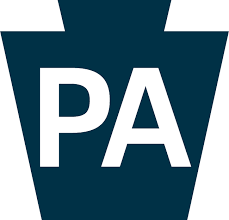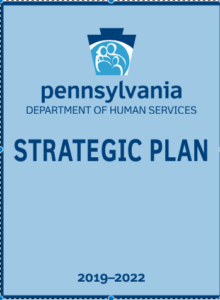Fitch: Medicaid Block Grants, MFAR Threaten States, Providers
Medicaid block grants and the proposed Medicaid fiscal accountability regulation (MFAR) pose new financial threats to providers and states, according to Fitch Ratings, the financial rating company.
MFAR poses the greater threat, Fitch believes, noting in a new analysis that it could
…reduce total Medicaid spending nationally by $37 billion and $44 billion annually…and by $23 billion to $30 billion for hospitals alone. States, and to some extent providers, would respond to MFAR’s implementation with measures to mitigate the negative fiscal implications.
 Block grants, through what has been named the Healthy Adult Opportunity program, also pose a threat, with Fitch explaining that
Block grants, through what has been named the Healthy Adult Opportunity program, also pose a threat, with Fitch explaining that
Capping federal Medicaid contributions, even for a subset of beneficiaries, poses risks to state budgets and those entities reliant on state funding, including local governments and providers. States would need to find revenue or cost savings, either in Medicaid or elsewhere, to offset reduced federal contributions.
Because Pennsylvania safety-net hospitals care for more Medicaid patients than the typical hospital, both proposed policy changes have a potentially greater impact on them.
Last month SNAP conveyed its opposition to the proposed MFAR regulation in a formal comment letter to the Centers for Medicare & Medicaid Services in response to the regulation’s publication late last year. Pennsylvania Governor Tom Wolf has already rejected the idea of using block grants in the state’s Medicaid program.
Learn more about the potential impact of the proposed Medicaid fiscal accountability regulation and Medicaid block grants in the Fitch Ratings analysis “Fitch Rtgs: Medicaid Changes Will Affect States, NFP Healthcare Providers.”
 The proposed budget, presented to the state legislature earlier this week, includes the following new initiatives:
The proposed budget, presented to the state legislature earlier this week, includes the following new initiatives: Included in this month’s edition are articles about:
Included in this month’s edition are articles about: In a news release, Governor Wolf said that
In a news release, Governor Wolf said that Authorization for delaying the cut in allotments to the states, which would have resulted in reduced Medicaid DSH payments for many hospitals – including private safety-net hospitals – would expire on May 22. Congress is expected to address Medicaid DSH, along with surprise medical bills, the price of prescription drugs, and other health care matters, before that time.
Authorization for delaying the cut in allotments to the states, which would have resulted in reduced Medicaid DSH payments for many hospitals – including private safety-net hospitals – would expire on May 22. Congress is expected to address Medicaid DSH, along with surprise medical bills, the price of prescription drugs, and other health care matters, before that time. While DHS’s area of endeavor is broad and goes beyond health care, Medicaid is an important aspect of its work and that importance is reflected in the plan, which includes descriptions of DHS’s ambitions in the following areas:
While DHS’s area of endeavor is broad and goes beyond health care, Medicaid is an important aspect of its work and that importance is reflected in the plan, which includes descriptions of DHS’s ambitions in the following areas: As reported by Kaiser Health News,
As reported by Kaiser Health News,